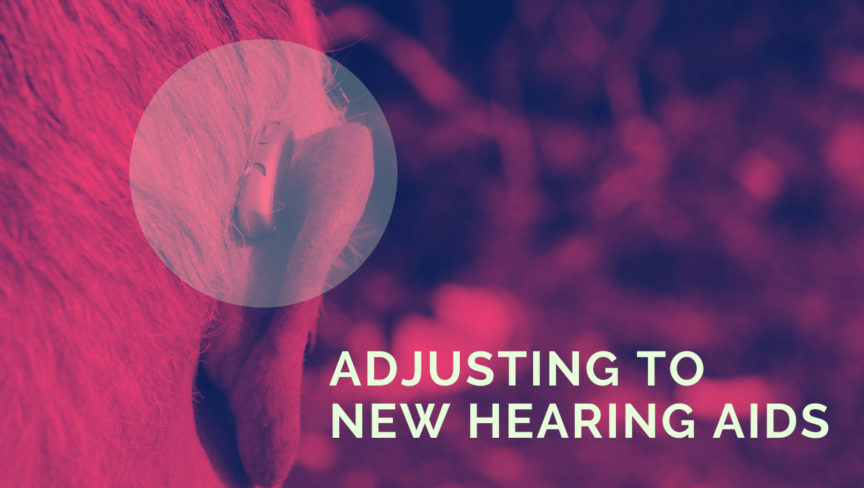- The Harm of Smoking to the Ears - April 9, 2025
- The Importance of Exercise for Hearing Health - March 11, 2025
- Movie Theaters and Hearing Aids - February 13, 2025
If you’re on your way to getting a set of hearing aids, good for you! Hearing loss is undertreated today, with only 15% of people who are hard of hearing wearing hearing aids. Where once upon a time we might have thought hearing loss was simply annoying, we now know that it can have a whole host of negative effects on a number of areas of well-being, and treating hearing loss is an important part of maintaining general health. So, kudos for taking steps in the right direction!
It’s not unusual for people to wait too long to pursue hearing aids: in fact, the average person waits seven years from the time they notice hearing loss to when they get hearing aids. If you’ve gone ahead with treatment earlier than that, congratulations! You should have a relatively easy adjustment and hopefully you haven’t experienced any loss in your ability to interpret speech. If you’re on the average or later, you’re doing the best thing for yourself by getting hearing aids now. Better late than never!
While over 90% of people, when asked after one year, say they’re satisfied with their hearing aids, it can take a little while to adjust. The adjustment period may be longer or shorter depending on the severity of your hearing loss and how long you’ve been living with untreated hearing loss.
An Adjustment Period
We notice our hearing loss when we realize we can’t hear things we know we ought to be able to hear, such as a person talking to us at a close distance. By the time we get to the point where conversation is difficult, we’ve probably been missing out on quite a bit of sound for a while. Things like the buzzing of fluorescent lights and refrigerators, crickets, and even the rustling of our own clothes might take some getting used to again.
While you might feel like you were well-rid of some of these sounds, keep using your hearing aids! Soon, you won’t even notice them anymore, but you’ll also be able to hear the birds singing, music playing, and all the other sounds you’ll realize you were missing. Powering through the first few days, when some people may experience hearing aids as more annoying than helpful, will be well worth it in the weeks, months and years to come.
Fitment Is an Ongoing Process
Your audiologist has special knowledge about what types of experiences are expected for new hearing aid users and what might be an issue with fitment. Despite fantastic advances in measurement techniques, fitment still requires some give and take. The way you experience sound has as much to do with your brain as your ears, and the way your hearing is measured in a clinical environment will likely not translate perfectly to the real world. You will likely need to communicate with your audiologist a few times in the first few weeks of using your hearing aids, and they may require some adjustment to suit your needs. It’s normal!
Talk To Others Who Use Hearing Aids
If you know other people who wear hearing aids, talk to them about your experience and ask their advice or perspective. It’s always helpful to get a few words from someone who’s already been down the road you’re on, and it may be one of the first conversations you’ve had in a while in which you don’t need to ask the other person to repeat themselves over and over!
Take Advantage of Training Classes
If you’ve been living with untreated hearing loss for a while, you have likely had some changes happen in your brain that make it difficult to comprehend speech even when you can hear it clearly. Many audiologists offer training classes, which can usually be taken with a computer and a few group sessions, that can help you retrain your brain to understand speech again. The brain is an amazing, resilient organ, isn’t it?
Get Regular Hearing Tests
Hearing loss tends to progress to a certain point and then plateau. Depending how much hearing loss you’ve already experienced, your hearing loss profile may well change. This may require additional fitment or, in some cases, new hearing aids. Some newer models of hearing aids actually allow you to take a hearing test right at home, using your smartphone. Be sure to keep up with your hearing health even after you’ve gotten hearing aids, and set yourself up for good hearing health for the long term!

